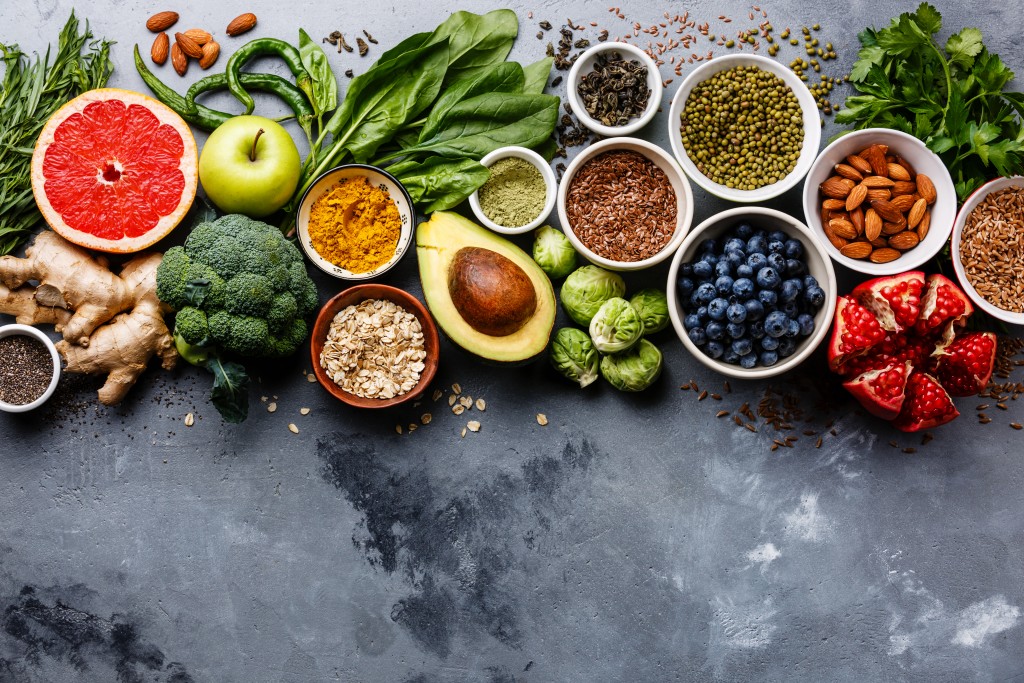Everyone feels invincible in their 20s. Your health is at its peak. Your body can handle hangover after hangover. Your knees are not always hurting. And most of all, you’re not suffering from the consequences of your actions ye, but your future self will.
Your 20s is the time for getting to know yourself, meeting new people, and having fun as much as you can. However, that doesn’t mean you can treat your health as a lesser priority to all the good things that your 20s bring. We are all going to have to go through health problems and deal with medical billing companies at some point, so make it easier for your future self by avoiding these health mistakes while in your 20s:
1. Not going to the doctor
Most of us avoid going to the doctor until there’s something wrong. Even then, some of us self-diagnose on Google first before getting professional help. There can be many reasons for this behavior, such as lack of time, no health insurance, and sometimes even the fear of knowing what’s wrong with us.
Getting regular check-ups increases the chance of catching a health condition early on. Some critical illnesses even exhibit no symptoms before striking. To avoid getting caught by surprise (and increase the chances of early diagnosis), go to the doctor at least once a year for a regular check-up.
2. Drinking too much
Drinking is a common habit for people in their 20s, but overdoing it can lead to many health problems in your 30s and beyond. Excessive consumption of alcohol increases your chances of developing chronic illnesses now or later in life, such as hypertension, heart disease, liver diseases, stroke, gastrointestinal problems, and cancer.
If you often engage in heavy drinking, it might be time to reel yourself back a bit. Try to moderate your consumption whenever you go out, or better yet, skip the nights-out at the club for a movie marathon at home. But if you have trouble trying to regulate your drinking, don’t hesitate to seek professional help.
3. De-prioritizing sleep

Many of us sacrifice our sleep to binge-watch shows on Netflix, go out with our friends, or spend the night scrolling through Twitter. Although a large cup of coffee might fix you right up in the morning, a constant lack of sleep will come back to bite you in the long run.
Chronic sleep deprivation can contribute to the development of high blood pressure, heart disease, diabetes, immunity problems, obesity, and depression. It can also cause reduced libido, increased irritability, memory problems, and even physical changes, such as premature wrinkling and pronounced eye bags. If this doesn’t convince you to get at least 7-8 hours of sleep every night, nothing will.
4. Not having enough physical activity
So maybe you still have your teenage metabolism. Does that mean you shouldn’t exercise? Definitely not.
Exercise isn’t only done to keep the pounds off. It is also an essential factor in preventing chronic diseases, such as heart disease, type 2 diabetes, osteoarthritis, and cancer, among many others. Moreover, regular exercise makes bones strong and muscles flexible, keeping your body in good shape as you get older.
5. Ignoring your mental health
People prioritize their mental health more than ever, which is a sign that more and more people are choosing to acknowledge their mental health issues rather than sweep it under the rug (which was commonly done in the past). If you are in your 20s and feel like you might need help, don’t hesitate to reach out to a group or a professional.
6. Eating whatever you want
Regardless of what age you are, always pay attention to what you eat. You don’t have to obsess over every little thing you eat, but be mindful of what you’re eating and how much. As much as possible, avoid overindulging in foods rich in calories, fats, sugar, and salt. Instead, load up on fresh fruits, vegetables, complex carbohydrates, unsaturated fats, and protein-rich foods.
It’s also a good practice to cook your food instead of getting take-out or dining at restaurants. In this way, you know what’s going into your meal, and you can better control your portions.
It’s hard to think about what our bodies will be like when we’re older. But you don’t have to wait for illnesses to start developing before you change your health habits. If you are still making these mistakes, it might not be too late to turn it around before you get older.

